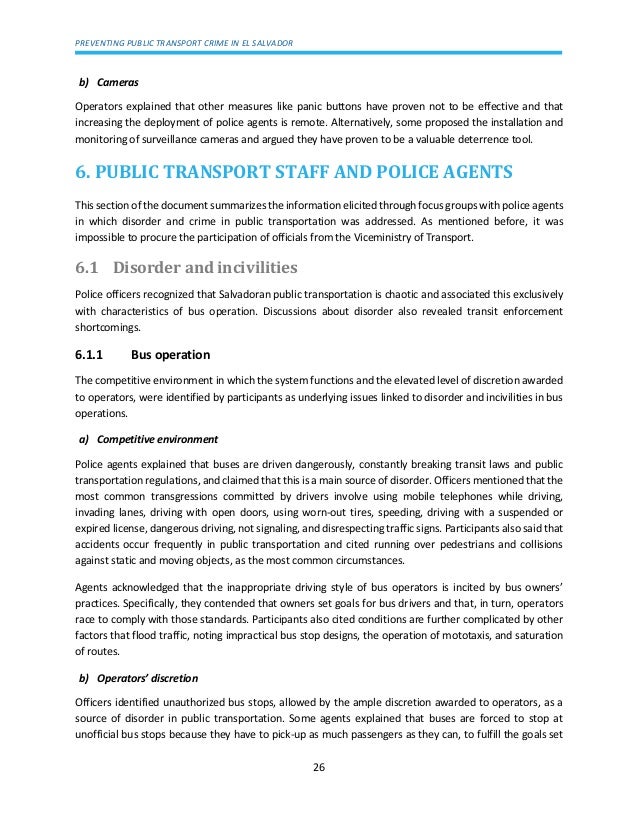
Of course, feminists on both sides of the porn war considered themselves to be “pro-sex.” The anti-porn crusaders thought that they could rid society of a regressive vision of sexuality that devalued women’s pleasure and degraded their humanity, and put in its place something more enlightened. Orgasms are swell, but they are not the remedy to every injustice. Like their cohorts in the sexual revolution, many of the pro-sex feminists fell prey to the alluring but dubious conflation of fornication and emancipation. They had a point, but there were problems with the pro-sex position, too-things could get a little zipless and g-spotty. They claimed we were condemning their minds and behavior, and I guess we were.” The pro-sex feminists believed that their former allies had fallen into the age-old patriarchal habit of trying to control female sexual power and dictate its parameters-they didn’t want men defining their sexuality, and they didn’t want other women doing it, either.
GESTURES CLAIMED DESTINY PATROL FREE
In a memoir published years later, Brownmiller described the dissenting responses to the anti-porn campaign: “Sometimes they were emotional defenses of free speech, but to our bewilderment, we also saw that some women identified their sexuality with the s/m pictures we found degrading. If theirs was a liberation movement, why were feminists trying to patrol the erotic imagination? Women of that ideological persuasion called themselves “pro-sex” feminists. Plenty of feminists agreed with the courts, feeling that the anti-porn faction was veering from the larger goal of freedom. The ordinance was signed into law in Indianapolis, in 1984, but was soon ruled unconstitutional by federal courts and overturned. It was, in short, the “undiluted essence of anti-female propaganda.” Morgan, who coined the phrase “The personal is political,” came up with a new slogan: “Pornography is the theory, and rape the practice.” In “Pornography: Men Possessing Women,” Dworkin asserted that the “world’s foremost pornographer” was the Marquis de Sade, who both “embodies and defines male sexual values.” She went on to work with Catharine MacKinnon on drafting a city ordinance that made pornography a civil-rights violation. Brownmiller, in league with other eminent feminists-Andrea Dworkin, Adrienne Rich, Gloria Steinem, and Robin Morgan-was convinced that pornography was the quintessential expression of women’s oppression in a culture that devalued their intellect and restricted them to sexualized second-class citizenship. The woman-as-body trope, they argued, had serious and worrisome implications: if a woman is necessarily irrational, hormonal, instinctual, and sensual, you don’t want her running your company, let alone your country.īut from that philosophical starting place two factions of the women’s movement went in radically different directions.


We had been sold a bill of goods, they said, by everyone from Descartes to Hugh Hefner, who had tried to convince us of a (hierarchical) dualism: men versus women, reason versus emotion, mind versus body. In the tradition of Simone de Beauvoir, they challenged the assumption of an “essentialized” feminine rooted in the corporeal. Women’s libbers told us that this was a problem-that biology need not be destiny. Art by Construction by Stephen Doyle / Photograph by Grant Cornett Wolf, in her eighth book, situates the essence of the female being right back where it started: in the body.


 0 kommentar(er)
0 kommentar(er)
